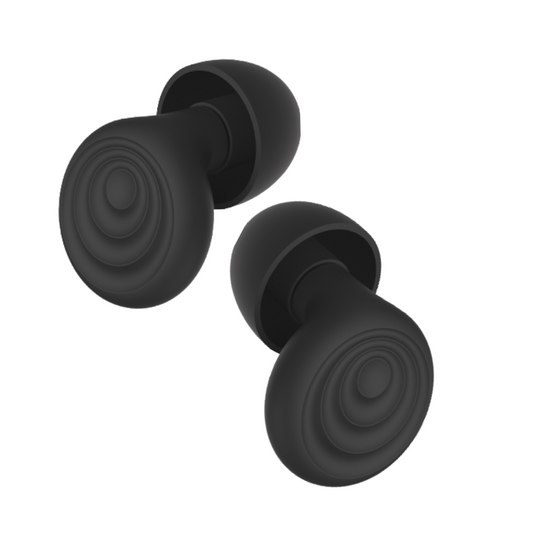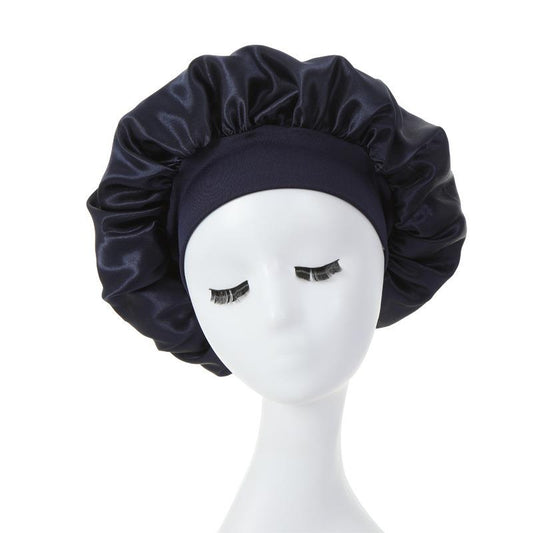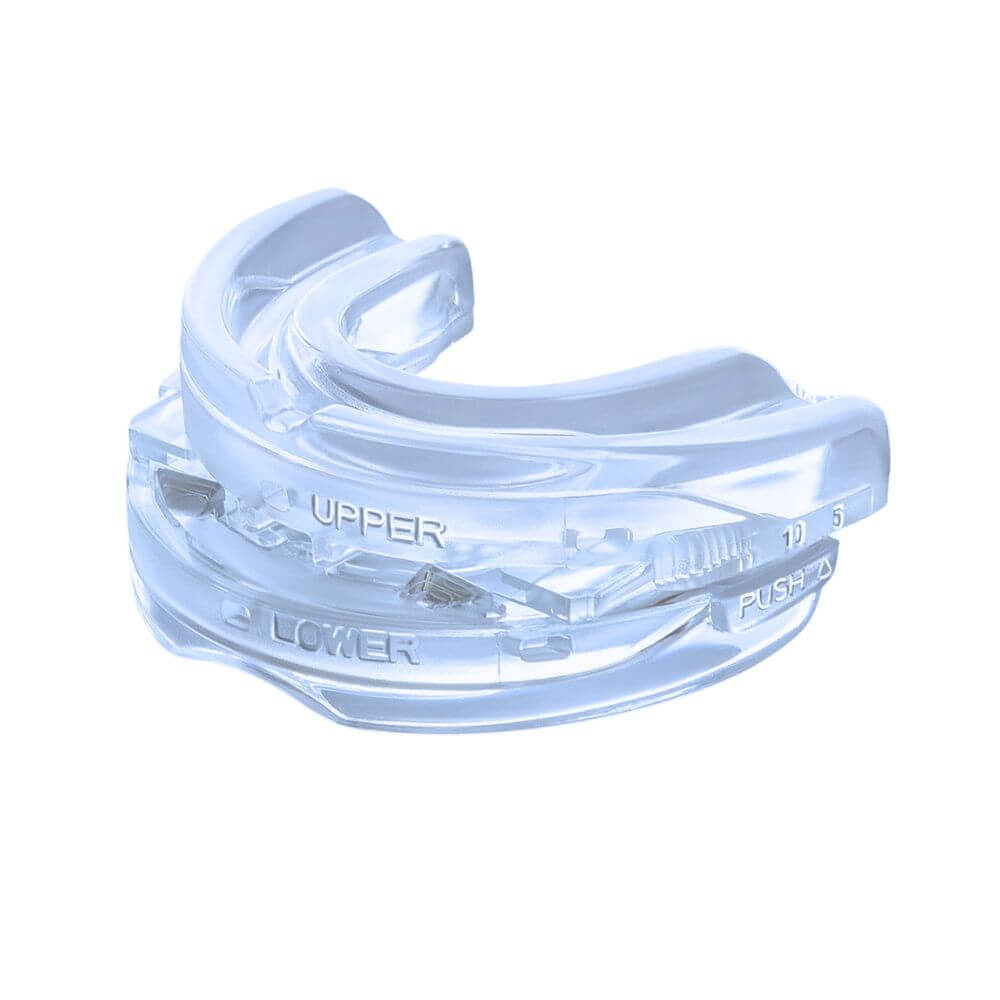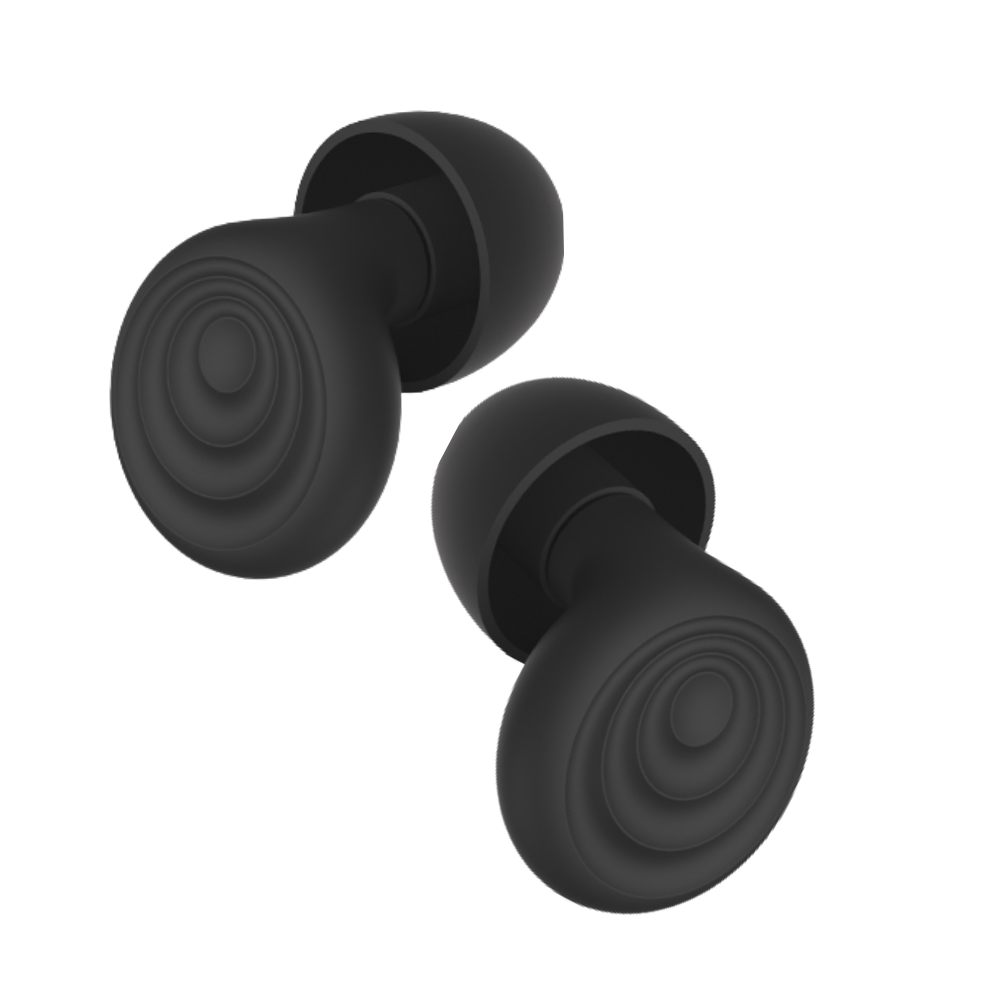Good sleep quality and weight management are essential for your health, but the relationship between sleep and weight may be deeper and more intertwined than you think. A recent study on the impact of sleep difficulty and the risk of obesity among Australian adults found that individuals who sleep less than seven hours are more likely to experience obesity than their counterparts.
Researchers suggest that a possible reason behind this is that poor sleep duration and sleep quality distort the body's circadian rhythm. This, in turn, affects the metabolism, boosting the secretion of hormones and exacerbating the risk of being obese. By improving our sleep, we can benefit from improved weight management efforts — and vice versa. Below, we'll take a closer look at how weight and sleep impact each other.

How does weight impact sleep?
Excess weight in the body can impact various aspects of our health and daily lifestyle — including sleep. For example, excess weight can increase the risk of sleep apnea as well as insomnia. More notably, excess weight can also worsen snoring, as the extra weight around the neck creates more pressure in your upper airway. This contributes to louder snoring, so losing weight is often recommended as a critical snoring solution for older adults.
Of course, it's essential not to compromise your health when trying to lose weight for improved sleep. Losing weight in healthy ways can help prevent sleep conditions while ensuring long-term, sustainable results. Weight loss programs help people lose weight healthily and sustainably by offering a holistic approach. Aside from what you eat, these programs also help evaluate lifestyle factors such as the amount of physical activity you do, the quality of sleep you get, and your mindset.
Modern weight loss programs also often offer a tailored approach depending on your current situation and conditions, as well as your goals in the long term. After all, weight loss works differently for everyone.
One of the key components of healthy weight loss is regular physical activity. Staying active can help burn calories and improve heart, bone, and brain health. This improved health will also help improve your sleep quality. At the very least, being more active can help get you tired and ready for bed at the end of the day.
How does sleep impact weight?
Finally, as much as your weight can impact sleep, the same works the other way around. One overlooked effect of poor sleep is night eating syndrome (NES), which is a unique eating disorder characterised by nocturnal ingestions, which can cause significant distress or impairment in functioning. Previous studies have found connections between sleep apnea, insomnia, and other sleep problems in people who screened positive for NES.
NES symptoms are prevalent among people with irregular daily routines — such as shift workers — due to the disturbance in the circadian rhythm causing metabolic disorders. As you may have guessed, untreated night-eating syndrome can lead to unhealthy weight gain. People tend to make less healthy eating choices when indulging in nocturnal ingestions.
Another critical way that poor sleep impacts weight is by increasing the risk of developing diabetes. Insights on sleep loss and diabetes from Diabetes Australia highlight how ongoing sleep loss has been shown to lead to glucose intolerance and insulin resistance — both of which lead to an increase in blood glucose levels. This doubles your risk of developing type 2 diabetes.
Being sleep-deprived has also been shown to increase your appetite and lead to unhealthy food cravings — such as comfort foods rich in fat and carbohydrates. Unsurprisingly, this can lead to unwanted weight gain. Being sleep-deprived can increase your total daily energy intake by almost 20%. Of course, the fatigue and tiredness that comes with the lack of sleep can also make you less likely to exercise.
Ultimately, taking care of your sleep and weight is crucial for your overall health. Getting good, healthy sleep can benefit your weight maintenance, and losing excess weight can help improve your sleep quality. Just remember not to damage your health trying to lose weight — healthy and sustainable weight loss is the way.

























